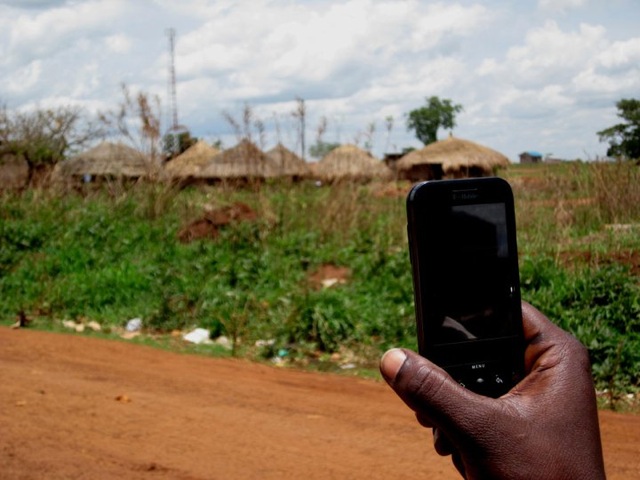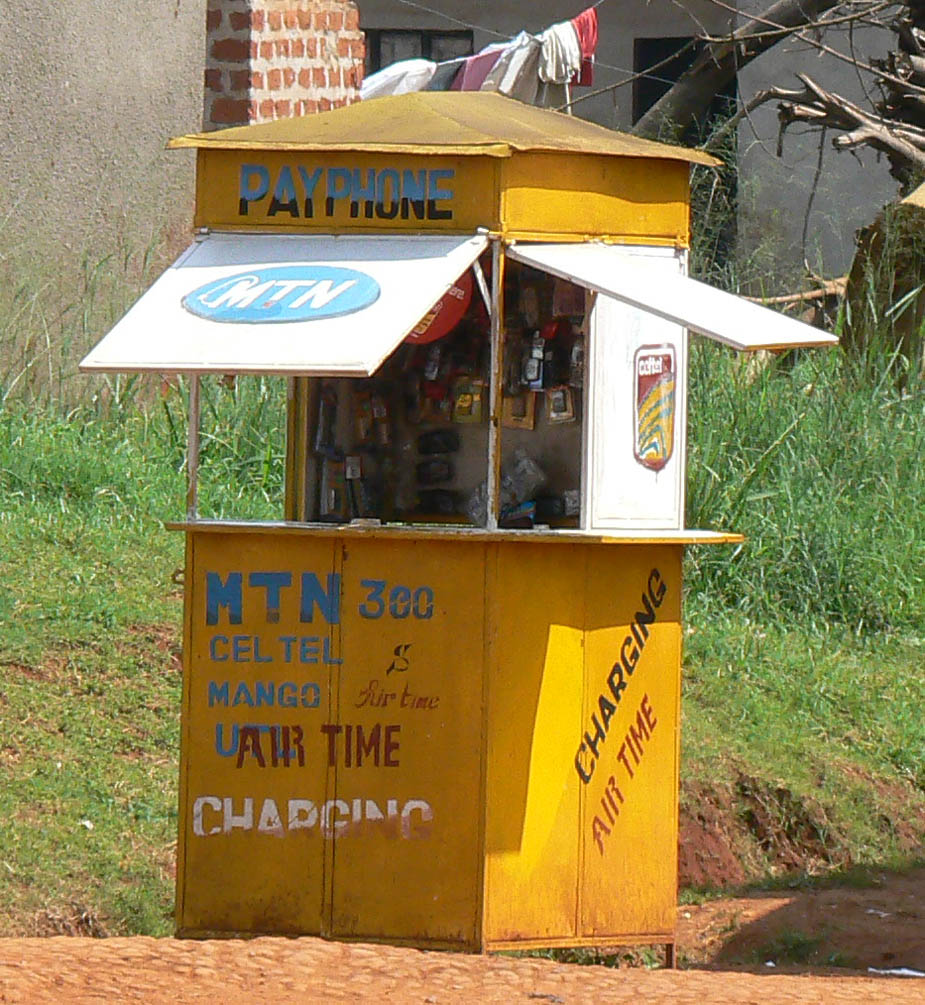 MTN Uganda officially commissioned its fibre network at Katuna Border in Kabale district on Friday, 08 February 2013.
MTN Uganda officially commissioned its fibre network at Katuna Border in Kabale district on Friday, 08 February 2013.
The event, held at the Katuna border post, was graced by the Minister of ICT, Honourable Ruhakana Rugunda, the Executive Director of UCC engineer Godfrey Mutabazi as well as the MTN Uganda Chairman, Mr Charles Mbire.
Speaking at the event, the Minister of ICT Honourable Ruhakana Rugunda said, “We, at the Ministry, would like to commend MTN Uganda for this investment that further confirms its commitment to provide support for this crucial sector of Uganda’s economy and further positions Uganda as a leader in ICT. The extension of the MTN Uganda fibre will act as a catalyst for economic development and will support the Ugandan government to further leverage on the existent regional partnerships in the areas of trade and industry”.
Since its launch in Uganda in 1998, MTN Uganda has made major investments in Uganda. In 2012 alone, its CAPEX investments exceeded USD 80 million by December. This investment was mainly towards the expansion of network infrastructure, establishment of ultra-modern Switching and Data Centre, as well as the rollout of fibre infrastructure to boost the quality of voice and data services.
MTN CEO Mazen Mroué said, “The commissioning of the new fibre system at Katuna is a major development which we are confident will have a positive impact on the future of Uganda’s ICT Roadmap. It will substantially improve the connectivity with neighbouring countries and the world by connecting Uganda to an additional submarine cable SAT-3 to Rwanda via the Tanzania route from Dar es Salaam. This is in addition to the other two cables already connected through the Kenya route from Mombasa which provide Uganda with unique redundancy and a backup structure for secured and reliable connectivity while providing quality voice and data services. This important development is in line with MTN Uganda’s commitment of leading innovation in the market and in the region as a whole”.
This landmark development is the first terrestrial link to Rwanda, and will greatly lower cost and significantly improve quality of communications services in the region
In terms of network infrastructure, last year MTN Uganda rolled out an additional 600km of fibre backbone closing the year with over 2,800km of fibre system providing the capacity for high speed data connectivity and wider national coverage of 3G mobile data services that extend Internet access to the rural areas of Uganda.
MTN Uganda has over the last six months completed the installation of another 81 new Network Coverage Sites and also added another batch of capacity sites to enhance the quality of network services across Uganda. MTN has a total of 1,100 sites as of the end of 2012 providing network coverage and communication services to millions of Ugandans across the country.
MTN has an extensive list of new innovations that will be gradually announced during the year. MTN Uganda announced recently about the plan to deploy Long Term Evolution (LTE) network in Uganda during the coming months, which will enable MTN Customers to access world class internet with bandwidth speed up to 100Mbps. Today, more than 7.5 million Ugandan enjoys country wide the Yellow revolution providing best network, fastest growing Mobile Money services, widest coverage and world class internet.
Commenting on MTN Uganda’s plans for LTE deployment in Uganda, the Mroué said, “MTN remains committed to development of the ICT sector and the Ugandan economy. LTE becomes the new standard determining the level of Technology development and offering substantially faster data speed than other technologies”.
Africannews.com















